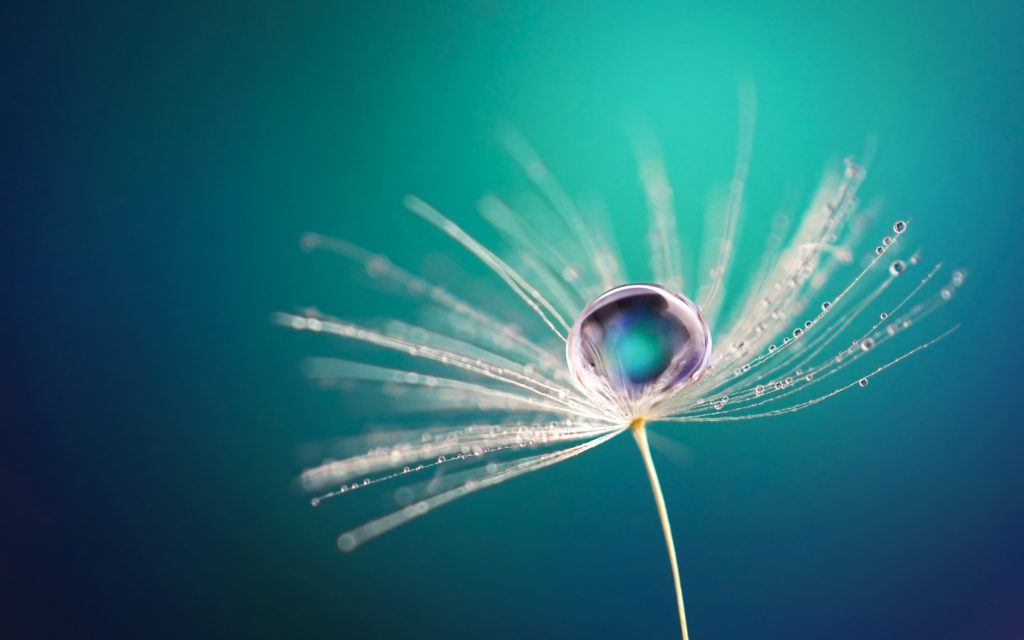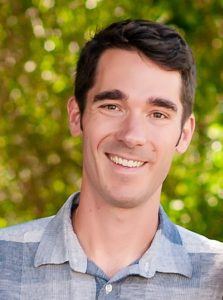
In a recent webinar, psychedelic researcher Robin Carhart-Harris of Imperial College London made an offhand remark regarding naturalistic studies. Neither he nor anyone else followed up on it. Perhaps that’s because the comment didn’t quite gel with his status as a leading expert in the neuroscience of psychedelics — nor for that matter with what many of us may view as the gold standard of psychedelic research: clinical studies employing strict controls and sophisticated technologies.
What Carhart-Harris expressed was a call for more of the opposite: psychedelic research studying drug use outside the lab, in the real world, by regular people, either alone or in groups, at home or retreat centers or wherever they happen to be. And while Carhart-Harris’ May talk for DoubleBlind magazine, titled “Psychedelics in the Brain,” predictably focused on neuroscience, in recent months his lab has emerged as a leader in the oft-overlooked area of naturalistic psychedelic research.
Microdosing Study
Its highest-profile offering was a March 2021 study on microdosing effects among users of LSD and magic mushrooms1 (which contain the compounds psilocybin and psilocin). Thanks to an innovative design that allowed for self-blinding among the 191 participants, it was the largest placebo-controlled trial on psychedelics to date. The study — and its core finding that anecdotal benefits of microdosing can be explained by the placebo effect — received a fair amount of attention.2-5
“Clinical studies are an artificial setting that is not representative of how most medicine is practiced, and this can lead to distortions,” says Balázs Szigeti, a research associate within the Centre for Psychedelic Research at Imperial College who served as lead author of the study. “First, medicine is always prescribed open-label, meaning that the patient knows he/she will get the active medicine, [with] no chance for placebo. Furthermore, generally, there is a much more intense patient-doctor relationship in a trial, which is likely to boost outcomes, as a warm, caring attitude from doctors has been shown to boost results.”
The bottom line, he argues, is that because clinical studies do not reflect real-world conditions, they are not the bulletproof arbiters of truth we often want or expect them to be. “The microdose study is a good example of a pragmatic trial where the context is much more similar to how microdosing is done in real life by real people,” Szigeti says.
Accessing Cultural Knowledge
The very same month that study was published, Carhart-Harris’ lab also produced — yet much more quietly — the largest prospective (meaning, in this case, that baseline survey responses were collected from participants) naturalistic study to date addressing psychedelic retreat settings.6 Lead author Hannes Kettner, a Ph.D. student and research assistant under Carhart-Harris with a focus on naturalistic settings, says the study and others like it serve as a counterweight to more reductionist investigations into psychedelics.
“There is a narrative emerging from multiple points that portray psychedelic-assisted treatments as a historically isolated phenomenon developed and housed within the Western medical system, discounting the influence of underground practices and/or indigenous usage,” Kettner told Psychedelic Science Review in an email. He added,
With naturalistic studies we try to access this culturally accumulated knowledge around psychedelic use and show that it may contain elements that might have merit even within modern treatments, such as the group component.
To put it another way, as the Western medical system continues to subsume psychedelics, it ignores the big picture at its own peril, Kettner argues. “If psychedelics will be conceptualized purely as pharmacological treatments with no regard to context, there is a risk that when adopted in real-world clinical practice they might just be found to be ineffective, or even detrimental. Samples of 20 to 50 participants that all undergo their sessions in strictly curated and uniform laboratory conditions poses some serious limitations.”
Other naturalistic research papers to come from Carhart-Harris’ lab this year include “Sustained, multifaceted improvements in mental well-being following psychedelic experiences in a prospective opportunity sample” (June)7 and “Psychedelics alter metaphysical beliefs” (preprint).8
Complementing Clinical Studies
Of course, Carhart-Harris’ isn’t the only psychedelic-science lab producing rigorous naturalistic research alongside more clinical or reductive work. In 2019 9 and 2020, 10 Johns Hopkins University professor of psychiatry and neurosciences Roland Griffiths led a pair of studies that used online surveys to investigate entity- and God-encounter experiences among users of psychedelic drugs. (“It’s official,” read the headline in Vice, “DMT makes you believe in God” 11).
Also in 2019, Griffiths served as senior author of another naturalistic study that found the use of 5-MeO-DMT was associated with unintended improvements in depression and anxiety12 — a particularly meaningful result given the attention given in recent years to treating these potentially debilitating conditions with psychedelics. Indeed, the authors stress that their findings should inform future “controlled clinical pharmacology studies” to assess the safety and efficacy of using the drug to relieve depression and anxiety.
“I think of naturalistic studies as a complement to clinical studies,” agrees Szigeti. “I think that’s one key point which is often missing from the discussions of the topic.” This perspective suggests that together the two approaches can provide a clearer idea of what psychedelics do and how they do it — and a better sense of how to maximize their benefits while minimizing potential harms — than can either on its own.

Thank you for the great article Nate! I agree that naturalistic studies are very helpful and can be a great compliment next to clinical studies. It would also be very interesting to see how psychedelics (e.g. MDMA for PTSD) hold up in Phase IV observational studies once they are being applied in normal clinical settings.